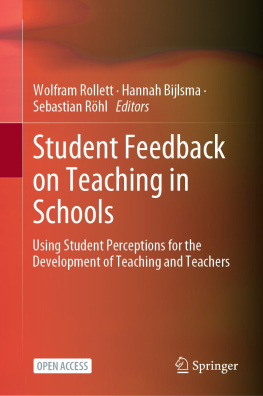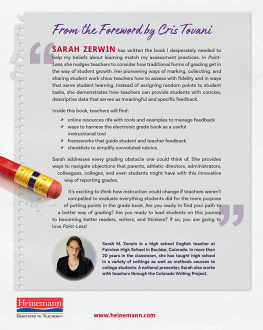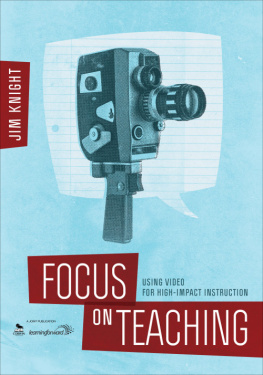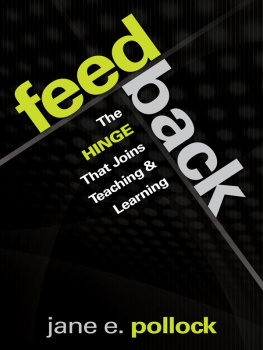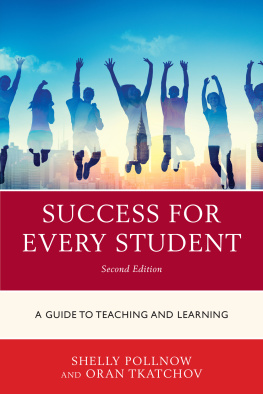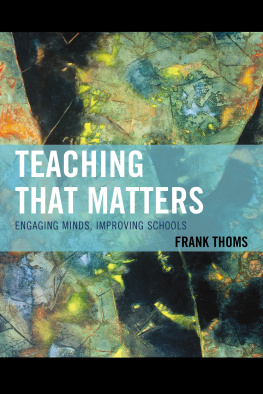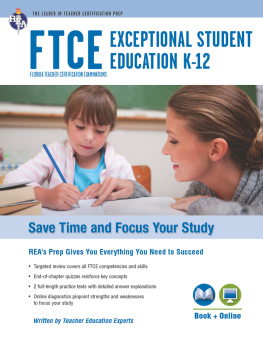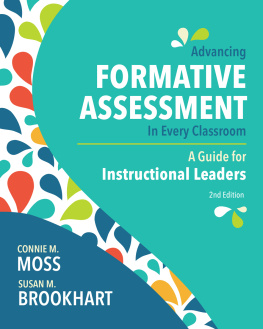Wolfram Rollett (editor) - Student Feedback on Teaching in Schools: Using Student Perceptions for the Development of Teaching and Teachers
Here you can read online Wolfram Rollett (editor) - Student Feedback on Teaching in Schools: Using Student Perceptions for the Development of Teaching and Teachers full text of the book (entire story) in english for free. Download pdf and epub, get meaning, cover and reviews about this ebook. year: 2021, publisher: Springer, genre: Religion. Description of the work, (preface) as well as reviews are available. Best literature library LitArk.com created for fans of good reading and offers a wide selection of genres:
Romance novel
Science fiction
Adventure
Detective
Science
History
Home and family
Prose
Art
Politics
Computer
Non-fiction
Religion
Business
Children
Humor
Choose a favorite category and find really read worthwhile books. Enjoy immersion in the world of imagination, feel the emotions of the characters or learn something new for yourself, make an fascinating discovery.
- Book:Student Feedback on Teaching in Schools: Using Student Perceptions for the Development of Teaching and Teachers
- Author:
- Publisher:Springer
- Genre:
- Year:2021
- Rating:3 / 5
- Favourites:Add to favourites
- Your mark:
Student Feedback on Teaching in Schools: Using Student Perceptions for the Development of Teaching and Teachers: summary, description and annotation
We offer to read an annotation, description, summary or preface (depends on what the author of the book "Student Feedback on Teaching in Schools: Using Student Perceptions for the Development of Teaching and Teachers" wrote himself). If you haven't found the necessary information about the book — write in the comments, we will try to find it.
This open access book provides a comprehensive and informative overview of the current state of research about student perceptions of and student feedback on teaching. After presentation of a new student feedback process model, evidence concerning the validity and reliability of student perceptions of teaching quality is discussed. This is followed by an overview of empirical research on the effects of student feedback on teachers and instruction in different contexts, as well as on factors promoting the successful implementation of feedback in schools. In summary, the findings emphasize that student perceptions of teaching quality can be a valid and reliable source of feedback for teachers. The effectiveness of student feedback on teaching is significantly related to its use in formative settings and to a positive feedback culture within schools. In addition, it is argued that the effectiveness of student feedback depends very much on the support for teachers when making use of the feedback. As this literature review impressively documents, teachers in their work - and ultimately students in their learning - can benefit substantially from student feedback on teaching in schools.
This book reviews what we know about student feedback to teachers. It is detailed and it is a pleasure to read. To have these chapters in one place and from those most up to date with the research literature and doing the research - is a gift.
John Hattie
Wolfram Rollett (editor): author's other books
Who wrote Student Feedback on Teaching in Schools: Using Student Perceptions for the Development of Teaching and Teachers? Find out the surname, the name of the author of the book and a list of all author's works by series.

